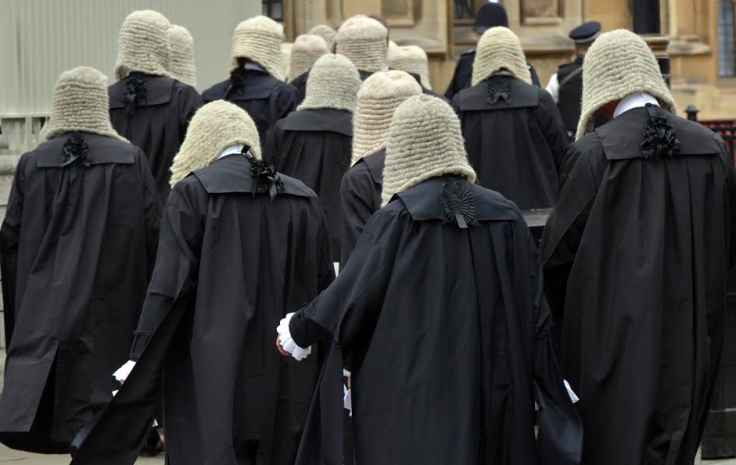The Sun's celebrity threesome injunction: The triumph of power over the law

One of the least reliable places to learn about media law is from the media because of its obvious partisan perspective. There are exceptions such as the BBC, ITN, Sky News and other broadcast outlets. With the honourable exception of a small number of print titles such as the Guardian, the behemoths of Fleet Street will not hesitate to mislead the public on what happens in any legal process which they perceive as restricting editorial freedom, and rendering it harder to make money.
One of the myths which the press presses hard is that the UK privacy law is judge-made. This is because the press does not want the public to recognise that the law of privacy, over which there has been such a fight in the celebrity injunction case against the Sun on Sunday (aka the News of the World) is one where the democratically expressed will of the nation via the parliamentary process is challenged by such powerful media organisations such as News UK and Associated Newspapers.
It is much easier to justify campaigning vigorously to undermine a legal process where the ("un-elected") judiciary can be cast as the pantomime villains who are making up the law so that Joe Public is robbed of its right to be told anything which the popular press thinks that it is profitable to publish.
Privacy was identified as a fundamental human right in the post-war attempts to rebuild European civilisation after the traumas of the Second World War. It was preceded by the UN's Universal Declaration of Human Rights of 1948 which was the first global expression of rights to which all human beings are inherently entitled. The European convention on human rights ("ECHR") was drafted by the newly formed Council of Europe in Rome in 1950. Article 8 of the ECHR provides that "Everyone has the right to respect for their home, health and correspondence".
Not only did the ECHR become a part of the English Law via the Human Rights Act 1998, it was also adopted into the Editors' Code of the Press Complaints Commission (the UK's press regulator); written exclusively by editors. It now forms part of the Independent Press Standards Organisation Code, which quotes Article 8 verbatim, and declares that there should be a public interest before the breach of this right can be justified. This reflects closely how the law operates in this field.
The courts go through a two-stage process. The first stage is to ask whether a right of privacy is engaged in any set of circumstances. If it is this, then the court determines whether the right to privacy is trumped by a public interest in the information being disclosed. This is the exercise which the Court of Appeal undertook in January about the Sun injunction and the court concluded both that the information in question was private, and that there was no public interest justification for it being disclosed.
There then followed a vigorous campaign by News UK and Associated Newspapers in particular to chip away at the injunction by telling its readers that it could discover the identity of its subject by a couple of key strokes. Last week the Court of Appeal therefore (as it saw it) bowed to the inevitable in lifting the injunction; an order which prevented a confidant of the claimant from selling bedroom secrets for money.
If the human right guaranteed by Article 8 of the ECHR cannot be protected by an injunction, then effectively it has been lost. Victims of unjustified such press intrusion can be compensated in damages, but that is scant comfort, and most tabloids will make a cynical calculation of the likely cost to it of paying privacy damages as against the vast potential commercial rewards which can be reaped by the monetisation of the privacy of those in the public eye.
The Leveson Inquiry taught us what powerful news organisations such as News UK and Mirror Group Newspapers get up to when they believe themselves to be immune from the legal process. In the case of phone hacking the assumption was that they would never be caught. Although most of the victims of this crime were celebrities and those that worked for them, when it was commercially expedient, ordinary members of the general public also fell victim to the voracious appetite which the popular press has for the private lives of others – however distressed those lives may be.
It is not therefore the just the celebrity community whose human rights are sacrificed to Fleet Street's hubris and determination to continue to pay vast sums of money to its senior executives. It is all of us who are poorer if the Fleet Street tail is permitted so blatantly to wag the constitutional dog.
Jonathan Coad is a specialist media lawyer and partner at Lewis Silkin LLP. He acts for both claimants and defendants.
© Copyright IBTimes 2025. All rights reserved.




















